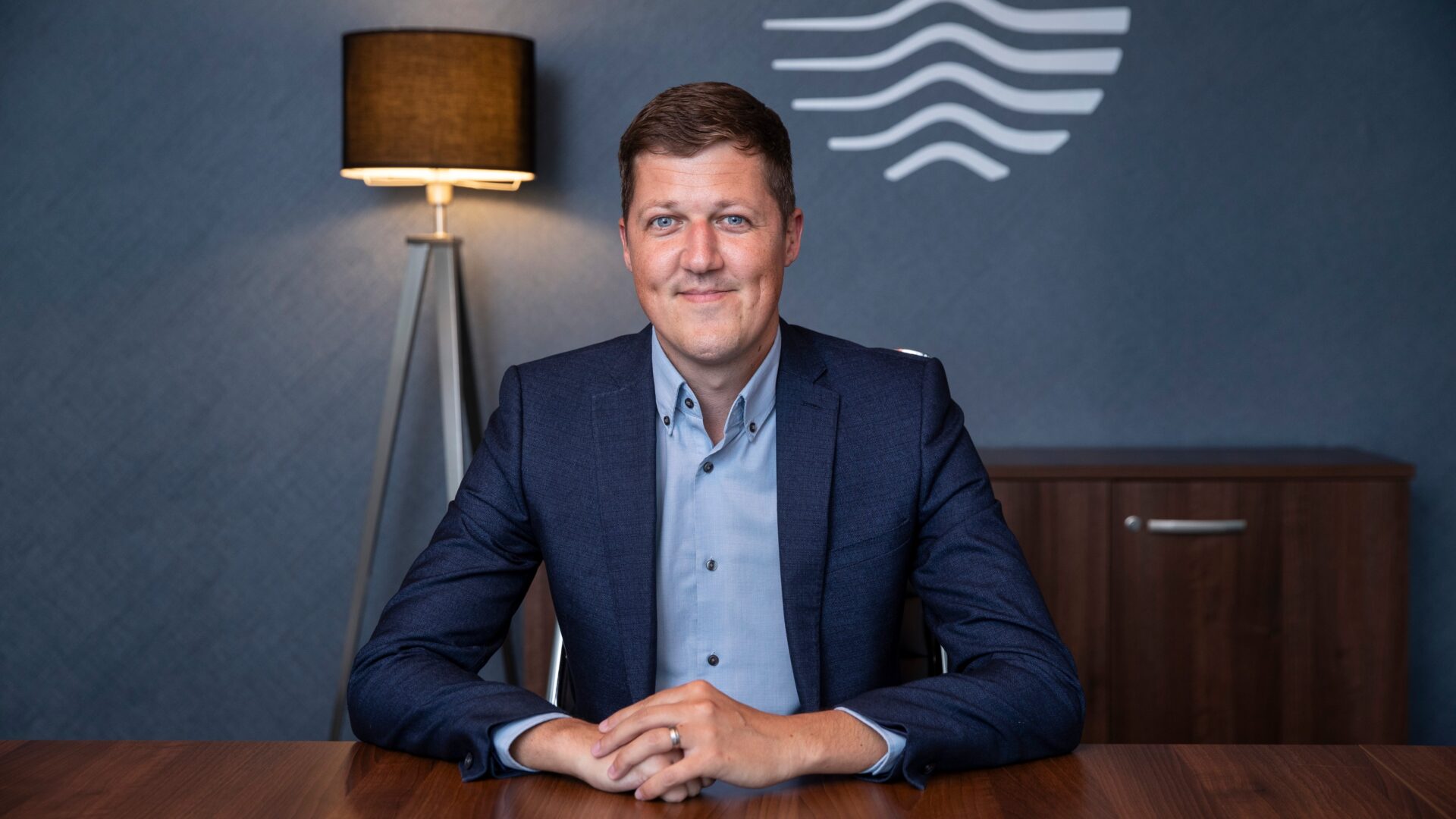
Did you ever come across those adverts from the DWP (Department for Work and Pensions) a few years ago?……
Read on, or click here to watch the video
They had a chef working away in a busy kitchen, alongside a mini-version of themselves, with the tag line of: “having a workplace pension is like having another you at work, helping earn money for when you retire.”
Well quite rightly, if you’re an employee, you will want to be benefiting from the employer contributions available to you. But regardless of whether you’re employed, self-employed or running a business, we all know deep down that putting money away for the future would be sensible. Even if you do have that mini-sidekick working alongside you, it’s still on you to do the heavy lifting.
The problem is that there are always plenty of reasons to start tomorrow. The car needs work, the boiler’s gone, the kids are off on yet another school trip and before you know it, we’re counting the days until payday. When we’re young, we tend to focus on our first car, saving for a house deposit, and then perhaps weddings and starting a family. Retirement seems like a distant concept and quite frankly, a problem for “future you”.
It’s true, as you get older, and your earnings start to grow, you will find more scope for saving and investing. For a lot of us, we’ll likely have a golden period in our 50s/60s where the kids have left home, the mortgage is repaid, our earnings are the highest they’ve been, and we can plough money into our pensions like never before. But the earlier you start with building wealth, the easier things get, and less you’ll need to play catch up later on. Never mind your mini-sidekick chipping in, once your pension pot starts to grow, it will be the money itself that does the bulk of the legwork through the beauty of compound growth.
If you want compound growth to do its magic, the key ingredient is time. As a quick example to help demonstrate the power of starting early, let’s look at the case of Katie and Simon:
- Katie starts investing £100 per month from age 25, right up until she retires at age 65.
- Simon however has other priorities (we’re not judging), and starts investing from age 45, but decides to put in £300 per month as he’s playing catch up.
- By age 65, Simon has invested £72,000, significantly more than the £48,000 paid in by Katie. Advantage Simon, right?
- Well, because Katie had the benefit of time on her side, her pot grew to £191,750 by age 65, whereas Simon’s only reached £136,732 by the same age.
- Not only did Katie contribute less, but she ends up £55,018 better off than Simon. All with the power of time and compounding investment growth.
(assumes a 6% annual compound growth rate – investments can fall as well as rise and your capital is at risk – inflation will have an impact on the purchasing power of your money over time)
This probably isn’t even news to you. Trust me, I’m not the first to run through an example like the one here to drill home the importance of starting with investing early. But what lessons can we take from this, and what actions might we take given we know the power of starting investing early.
Contact us today by phone 01642 765957 OR email info@activefp.co.uk
Visit the Active website or follow us on Twitter, Facebook & LinkedIn for regular updates



